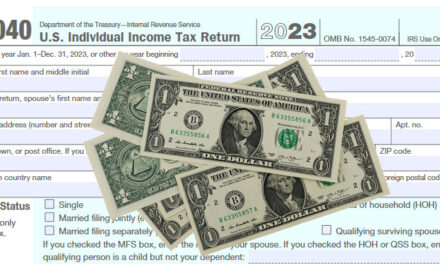When filing your 1040 tax go back, one vital decision awaits: whether to claim the usual deduction or itemize deductions on Schedule A (Itemized Deductions). This desire can substantially impact your taxable profits, so it’s critical to recognize the alternatives to be had and determine which path suits your monetary situation first-rate.
What Are Itemized Deductions?
Itemized deductions encompass various expenses, including:
- Medical Expenses
- State Taxes: Such as income or sales taxes (you can deduct one but not both)
- Real Estate Expenses: Such as interest, mortgage insurance, and property taxes
- Charitable Contributions
- Losses Due to Theft or Casualty
- Miscellaneous Deductions
For determining what items you can deduct in each category, please refer to the Instructions for Schedule A (Form 1040).
The Standard Deduction
Alternatively, you can opt for the standard deduction, which is based on your filing status. Here are the standard deduction amounts for 2021:
- Single: $12,550
- Head of Household: $18,800
- Married Filing Jointly: $25,100
- Married Filing Separately: $12,550
Should You Itemize Your Deductions?
Typically, itemizing deductions is useful when the entire exceeds the usual deduction for your filing status. To check this, calculate your itemized deductions to examine towards the same old deduction quantity.
Quick Estimate:
To get a rough idea, focus on real estate expenses and state income taxes—the two most common itemized deductions. Add your property taxes, mortgage interest, and state income tax withheld. If this total surpasses the standard deduction, itemizing may be advantageous.
Exceptions and Considerations:
- Special Circumstances: Extraordinary medical expenses or substantial charitable contributions may warrant itemizing.
- Tax Implications: Be wary of scenarios where itemizing appears advantageous but opting for the standard deduction could prevent reporting large state tax refunds as income.
- State and Federal Interplay: Sometimes, it’s strategic to itemize on your federal return for a smaller deduction if it yields a larger benefit on your state return.
Seeking Professional Advice:
While tax preparation software can assist, consulting a tax professional is wise, especially for complex situations or uncertainty regarding eligibility for itemized deductions.
For further details, please refer to IRS Publication 17 (Your Federal Income Tax).
Conclusion:
Navigating between itemized deductions and the standard deduction demands careful consideration. By evaluating your expenses, understanding tax implications, and seeking expert guidance when needed, you can make informed decisions to optimize your tax deductions effectively.





